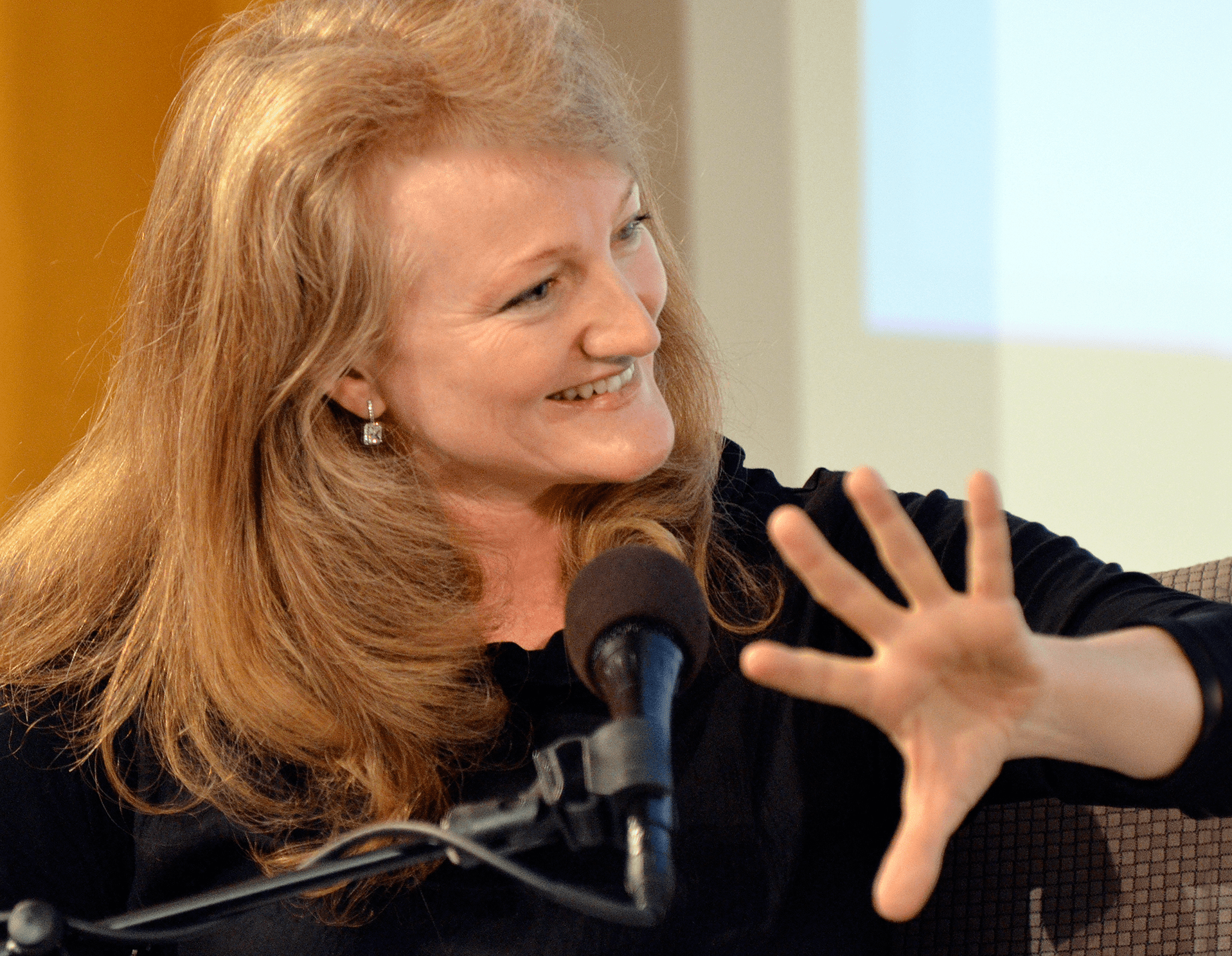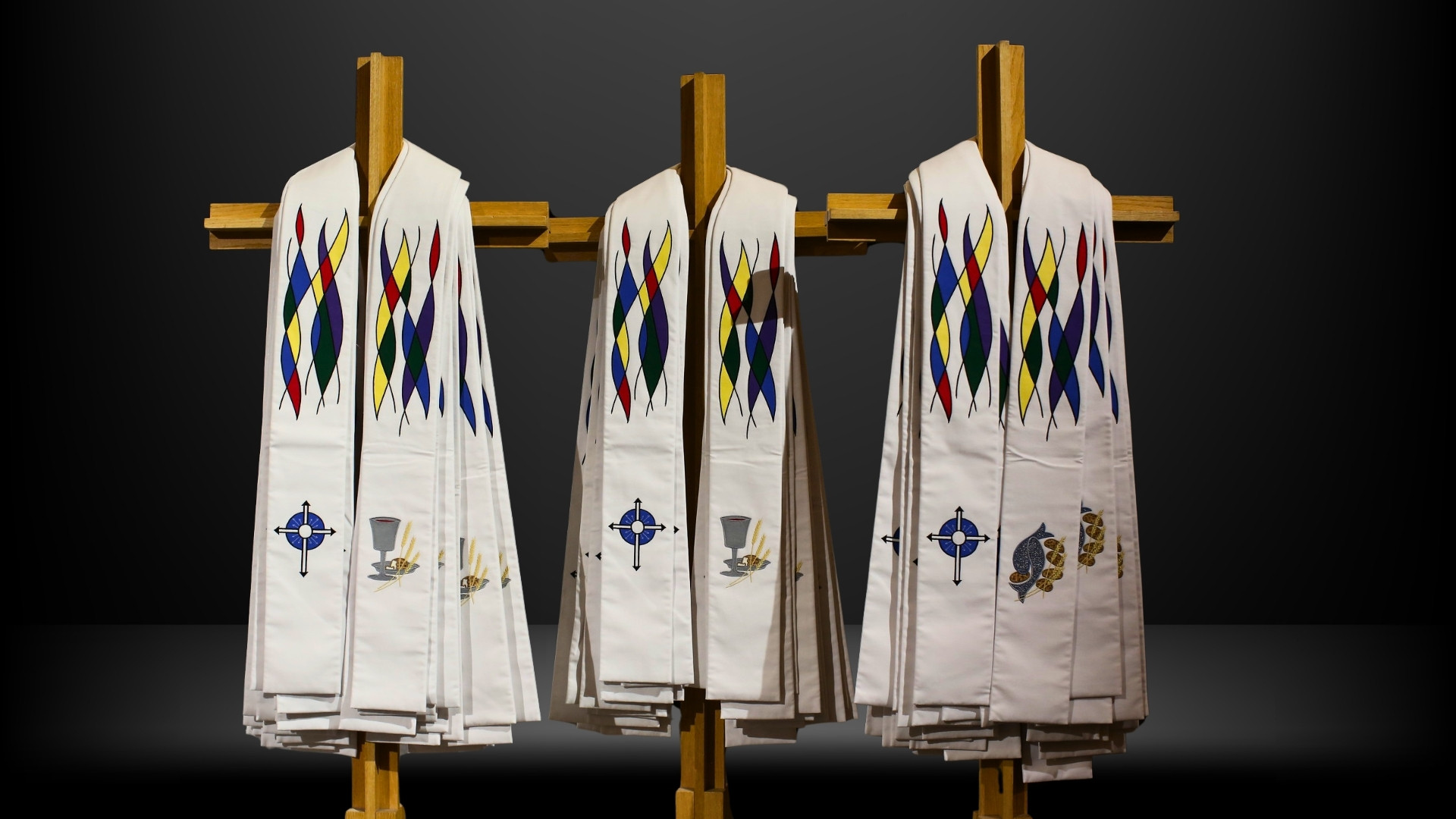By Stan Friedman
MINNEAPOLIS, MN (December 9, 2014) — As host of public radio’s award-winning show On Being Krista Tippett has a daunting task. She might be preparing to interview a computer scientist on “Discovering the Cosmology of Bach” one week, a poet musing on “The Poetry of Ordinary Time” another, and a figure such as Desmond Tutu extolling “A God of Surprises” on another broadcast.

Tippett and her show, which is listened to by many Covenanters, were featured in an interview that appears in the print edition of the Covenant Companion this month. Given that no one can be an expert—or even have cursory knowledge—on such a vast breadth of topics, we also wondered how she prepares for the interviews.
SF: How do you decide which guests you are going to have on the broadcast?
KT: It’s not a scientific process. It’s this ongoing back and forth. We have this big list that we keep adding to. Sometimes I’ll interview someone who has been on that list for years, but I can’t really tell you why they rose to the top.
Then we’re always hearing from people about ideas, and books are coming in the mail, or something is happening in the world, and we’ll ask, who would be great on this subject? I used to worry about it, and we used to try to have a meeting every three months where we’d decide who the guests would be. But it never worked out that way. It’s very fluid. And it’s kind of mysterious.
SF: how do you prepare for the shows?
KT: I do have a producer who pulls a lot of stuff together for me. I do what I can. The Internet makes things so much easier—I can listen to them, I can see them. If they’ve written a book, I’ll try to read not just the last book but a spectrum. I’ll read other interviews they’ve done.
Basically, my interview approach mode is the Vulcan mind meld—Spock’s “My mind to your mind, your thoughts to my thoughts.” I try to come up with questions that are interesting with regard to what they know, but also how they think, so that I’m able to ask questions they find are interesting.
Also, when I’m preparing, I’m imagining the arc of the conversation—not that it has to go that way or that it will go that way, but I have a few ideas of directions we could go. It’s sort of a guide, but if it’s a good conversation, we might go off the road map, and that’s OK too. I just need to be prepared enough if it goes off the tracks.
SF: During the show, do you ever say to yourself, “I am in so far over my head, what am I doing here?
KT: Yeah, I’ve certainly had that feeling. And it happens a lot with scientists, but not just scientists. For example, I have been getting ready to interview a string theorist, and I know I can understand only a fraction of what they have to say. I remind myself that at least I’ve had the opportunity to immerse myself in their work to understand even a fraction of it. I realize that for most of my listeners, it will be even more fresh and unfamiliar, so I don’t have to understand everything.
In fact, I probably wouldn’t be a good host for my listeners if I did. I need to understand enough to ask a good question. And by that I mean a question that’s not just interesting to me, but one that’s interesting to them. That’s what lets me off the hook. That’s sort of the dance that I do. I’m also kind of good at faking it. I think one of my talents is sounding like I understand more than I do.
SF: The mark of a true journalist.
KT: Exactly.














